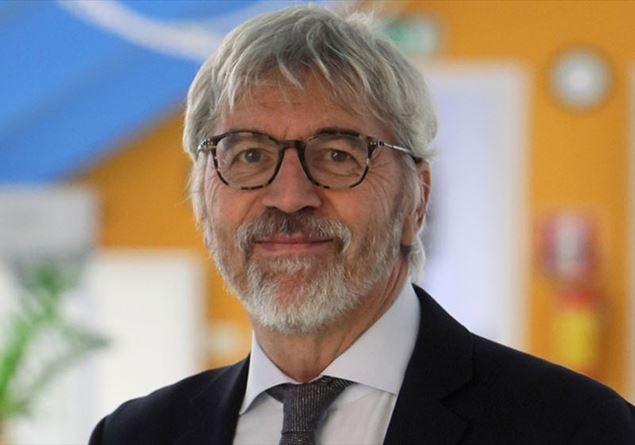Fausto Colombo, tireless explorer of the media and popular culture, passed away today 14 January 2025 in Monza. Born in Milan on 16 April 1955, Colombo dedicated his life to understanding and reporting on the transformations of society through the prism of the media. The funeral will be held on Thursday 16 January at 11 am, in the Basilica of Sant’Ambrogio, in Milan. Trained under the guidance of Gianfranco Bettetini at the Catholic University of the Sacred Heart, Colombo built the heart of his academic career here. A teacher loved by generations of students, he has held courses in media theory and technique and held important roles, including the direction of the Department of Communications and Entertainment Sciences. In recent years, as vice-rector and delegate of the rector Franco Anelli, he has contributed to promoting the image of the University.
«Technology was not the only decisive element in determining today’s communication system and the evolution of the media system from printed media to instant and audiovisual media, up to network media and platforms and media machines». It had been the starting point of his “lectio” to the journalists of Periodici San Paolo almost a year ago, in the Milan office, on the topic “Technological revolution and new frontiers of communication” which was held almost a year ago, on January 23rd. On that occasion Colombo addressed numerous themes with his traditional, simple and profound style at the same time and his proverbial, polite, acuteness: The role of social media which «have not only changed the way of communicating but intercept other completely different needs of users», the growth of large platformsfrom Apple to Facebook to Amazon, the centrality of the algorithms that govern search engines and the platforms themselvesthe radical transformation of traditional media and the role played byArtificial intelligence. For Colombo, the phase of expansion of the platforms, which began whirlwindly in 2005 and culminated with the growth of populism and illiberal democracies, reached its peak during the pandemic and a new phase was opening that still needs to be deciphered.
An international intellectual
His influence was not limited to Italy. Colombo has taught in prestigious European universities, such as the Sorbonne in Paris, the Lumière University of Lyon and the University of Italian Switzerland. He was a member of the Academia Europaea and collaborated with CELSA, the Parisian school of excellence in communication sciences. But it is above all through research that Columbus left his mark. Founder of the OssCom Research Center, which he directed for 18 years, he led innovative investigations on media and communication, collaborating with companies and cultural institutions.
Popular culture as a mirror of society
Among his many contributions, the reflections on the relationship between digitalisation and social transformations stand out, summarized in books such as The imperfect archives (1986), Sociable power (2013) and the recent one Media ecology (2020). Colombo explored emerging online phenomena, from trolling to privacy, but also the role of the media as a bridge between generations and cultures. A recurring theme in his studies was the link between high and popular culture, addressed in fundamental texts such as Subtle culture (1998) e The light country (2012). Even in the last days, Colombo continued to work, completing the text of his last lesson, Lesson on popular culturewhich will be published soon. His essay A shared story. Because pop culture tells who we arewritten with Lorenzo Luporini, will be released in February, offering further testimony to his ability to read our time.
A legacy of thought
With his ability to connect seemingly distant worlds, Colombo has charted a unique path in the academic landscape. His passing leaves a void, but also a legacy of ideas and works that will continue to inspire scholars and readers. Fausto Colombo taught us that popular culture is not just entertainment, but a profound reflection of who we are as a society. A lesson that will remain.








